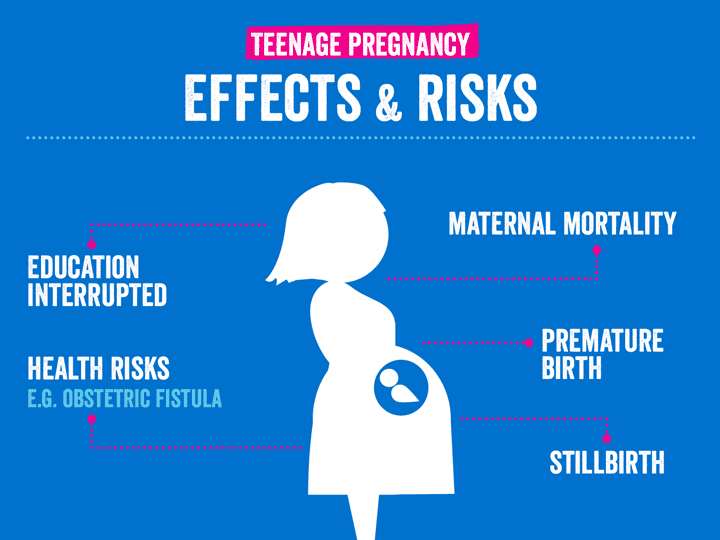
The Profound Effects of Teen Pregnancy: A Comprehensive Examination
Teen pregnancy, defined as pregnancy in individuals under the age of 20, poses a significant public health concern with far-reaching consequences for both the young mother and the child. The effects of teen pregnancy extend beyond the physical and emotional well-being of the individuals involved, impacting their social, economic, and educational trajectories. This article aims to provide a comprehensive examination of the effects of teen pregnancy, exploring its causes, consequences, and potential interventions.
Causes of Teen Pregnancy
The causes of teen pregnancy are multifaceted and often intertwined. Socioeconomic factors, such as poverty, lack of education, and limited access to healthcare, play a significant role. Young people from disadvantaged backgrounds may have fewer opportunities for education and employment, increasing their vulnerability to early sexual activity and unplanned pregnancy.
Cultural norms and societal attitudes also influence teen pregnancy rates. In some communities, early marriage and childbearing are seen as acceptable, perpetuating a cycle of teen pregnancy. Additionally, peer pressure, lack of comprehensive sex education, and limited access to contraception contribute to the high incidence of teen pregnancy.
Consequences for the Young Mother
Teen pregnancy has profound consequences for the young mother. Physically, teen mothers face increased risks of pregnancy complications, such as preeclampsia, gestational diabetes, and premature birth. They are also more likely to experience postpartum depression and anxiety.
Educationally, teen pregnancy often disrupts schooling, making it difficult for young mothers to complete their education and pursue higher-paying jobs. This can lead to long-term economic consequences, including lower earnings and increased poverty.
Socially, teen mothers may face stigma and isolation from their peers and family. They may also have difficulty forming healthy relationships and establishing stable housing. These challenges can contribute to mental health issues, such as depression and anxiety.
Consequences for the Child
Children born to teen mothers face a range of health and developmental challenges. They are more likely to be born prematurely and have low birth weight, increasing their risk of lifelong health problems. Additionally, children of teen mothers are more likely to experience cognitive delays, behavioral problems, and difficulties in school.
Socioeconomically, children of teen mothers are more likely to live in poverty and experience food insecurity. They may also have limited access to healthcare and educational opportunities, perpetuating a cycle of disadvantage.
Interventions to Address Teen Pregnancy
Addressing teen pregnancy requires a multifaceted approach that involves both prevention and support services. Effective prevention strategies include:
- Comprehensive sex education that provides accurate information about contraception, sexually transmitted infections, and healthy relationships.
- Access to affordable and confidential contraception.
- Youth development programs that promote healthy decision-making and provide opportunities for social and emotional growth.
Support services for teen mothers are equally important. These include:
- Prenatal care and postpartum support to ensure the health and well-being of the young mother and child.
- Educational and vocational training to help teen mothers complete their education and pursue employment.
- Housing and financial assistance to provide stability and reduce the risk of homelessness.
- Mental health services to address the emotional challenges associated with teen pregnancy.
Conclusion
Teen pregnancy is a complex issue with far-reaching consequences for both the young mother and the child. It is essential to understand the causes and effects of teen pregnancy in order to develop effective interventions. By investing in prevention and support services, we can empower young people to make healthy choices and break the cycle of teen pregnancy.
Addressing teen pregnancy is not only a matter of public health but also a matter of social justice. By providing young mothers and their children with the resources and support they need, we can help them reach their full potential and create a more equitable society.